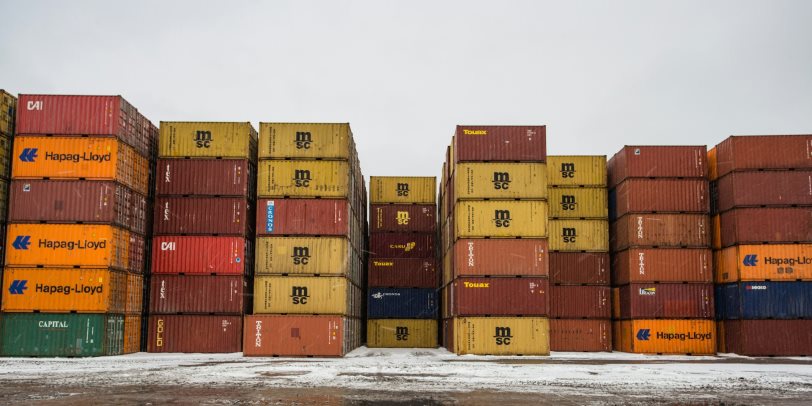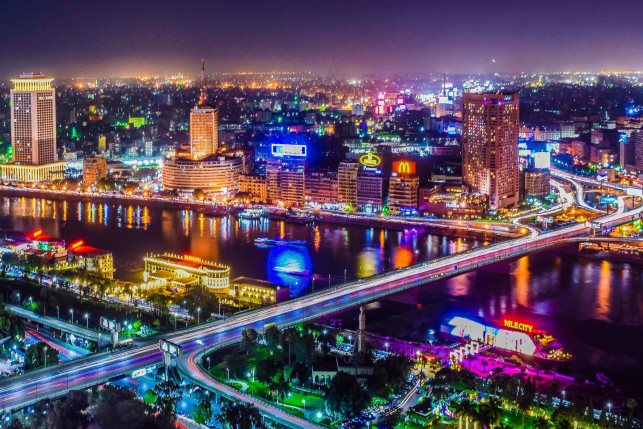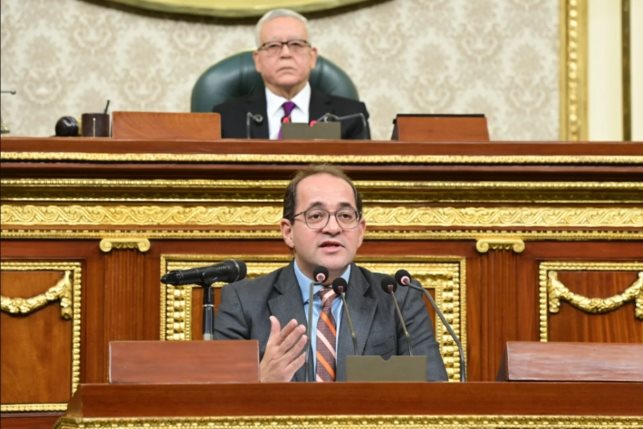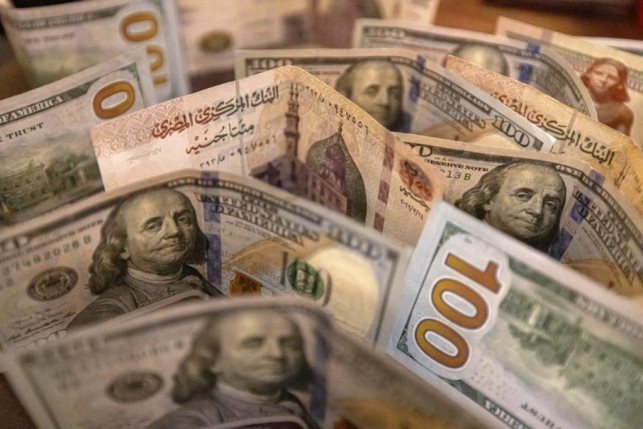CBE reportedly eases FX provisions for non-essential goods
The CBE’s last directive regarding non-essential imports was issued in August, after which the arrangement of dollars for these goods was halted.

The Central Bank of Egypt (CBE) has reportedly instructed banks for the first time in two months to allocate dollars for letters of credit (LC) related to importing non-essential goods that require pre-approval.
The decision aims to address the backlog of import requests that have accumulated over the past two years, according to by six unnamed bankers speaking with Asharq Business.
Since March 2022, the CBE has imposed strict regulations on financing non-essential goods, which include items such as cars, mobile phones, and electronics. These regulations were enacted to manage the country’s limited foreign currency reserves amid rising economic pressures.
The CBE’s last directive regarding non-essential imports was issued in August, after which the arrangement of dollars for these goods was halted.
Under current policy, banks must consult with the CBE for specific approvals when financing items from a list of 13 non-essential goods, including luxury items such as cars, mobile phones, electronics, and children’s toys, as well as certain agricultural products like seeds and fresh fruits.
If the sources are correct, the reinstatement of dollar allocations signifies a potential easing of these restrictions, although it remains uncertain whether this change will be permanent.
Banking executives indicate that the CBE’s latest instruction requires institutions to tackle accumulated requests for non-essential goods dating back to 2022 and into 2023 and early 2024, which could provide much-needed support to importers who have struggled to secure foreign currency due to previous limitations.





